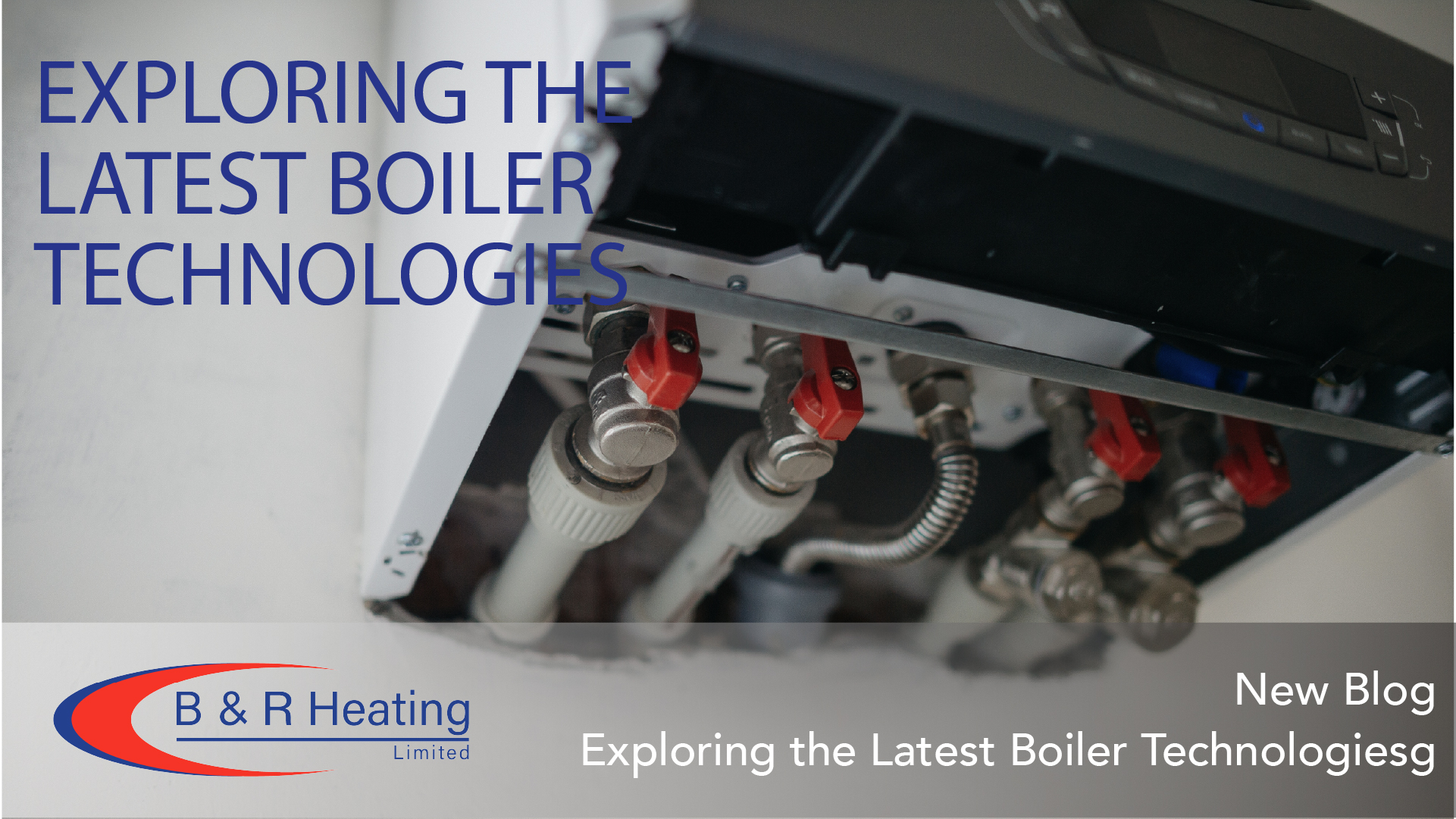Boiler maintenance is commonly overlooked by homeowners, but it’s incredibly important! Boilers can be extremely costly to replace, as well as dangerous if they’re not operating safely. To avoid potential risks and unnecessary costs, organise a boiler service with B&R Heating. We offer boiler maintenance in Plymouth and across the South West. Keep reading for 11 great boiler tips to keep your boiler running smoothly!
Get your boiler serviced annually
Our number one tip to prevent boiler breakdowns is to have your boiler serviced by a professional annually. This will also help to keep your energy bills as low as possible and ensure it is protected by the manufacturer’s warranty. It’s important for this service to be carried out by a Gas Safe engineer – an engineer will be able to show you their qualifications to prove that they are suitable for the job. A qualified gas engineer will be able to identify small problems which could potentially evolve into larger issues.
Check your boiler pressure
Your boiler needs the correct pressure to be able to circulate the hot water around your pipes and radiators. You can check this pressure by looking at the pressure gauge on your boiler. The correct pressure will be shown in the manufacturer’s instructions and is often highlighted by a green zone on the gauge itself. Typically, this is between 1 and 2. You can adjust the boiler pressure yourself if it’s too low or too high – check out our useful videos to learn how to do it!
Bleed your radiators as needed
We recommend bleeding your radiators at least once a year to release any trapped air. Pockets of air can prevent the radiators from heating up properly, with cold patches. Bleeding your radiators is a quick and easy process – find out how to do it in our useful videos! If your radiator valves have been painted over, it can be hard to adjust them. If you need some help with this, you can always contact a professional engineer.
Balance your radiators
You might notice that the radiators furthest from your boiler are cooler than the rest. This can be fixed, however, it’s not as simple as bleeding your radiators. You can contact a trained gas engineer to help you balance your radiators.
Check your radiators for problems
Sometimes radiators can become cold at the bottom but remain hot at the top. The most common cause of this is that dirt and debris have built up in the system and settled at the bottom of your radiators. This might not sound like a massive problem, but it makes it twice as hard to heat your home, leading to increased bills. A professional engineer can perform a Powerflush to remove this debris from your radiators. Another reason for your radiators not heating up could be a faulty valve, which will need to be replaced.
Check the boiler’s flame (if possible)
Your boiler should be burning with a blue flame. An orange or yellow flame could be a sign of a carbon monoxide leak and you should contact a Gas Safe engineer immediately. You might not be able to check the pilot light on your boiler, but don’t worry, there are other signs to indicate a carbon monoxide leak. This includes noticing an odd smell (similar to rotten eggs) or using a carbon monoxide detector.
Make sure your boiler is well ventilated
Your boiler should have lots of space to ensure they are well ventilated. Make sure the area isn’t too cluttered, e.g. no coats are hung over it. If your boiler is located in a household cupboard, that’s not a problem so long as there is a gap of at least 700mm between the boiler and the cupboard/wall.
Make sure the external pipe isn’t dripping
The external pipe is otherwise known as the overflow pipe. If you notice this pipe dripping, this could be a sign that it’s not functioning properly. The pressure release valve could need repairing or replacing, this can be carried out by a Gas Safe engineer.
Make sure the flue is accessible
According to flue regulations, the flue must be visible and accessible. This is to allow engineers to spot any damages or loose joints. If you notice that your flue is not accessible (e.g. it goes through the ceiling), a professional engineer may need to install an access panel.
Lag your pipes
Before winter approaches, it’s a good idea to lag your external pipes. This is a simple process and you can do it yourself with ready-to-use lagging. Lagging can help to prevent the pipes from freezing, saving you the expense of a boiler breakdown when you need your central heating the most.
Always hire a professional
Last, but definitely not least, you should always hire a professional, Gas Safe engineer to carry out any work on your boiler. You should never try to repair a boiler by yourself (unless you’re fully trained, of course). You can check your engineer’s Gas Safe ID when they arrive at your property.
Boiler Maintenance in Plymouth
If you need boiler maintenance in Plymouth, please get in touch with us at B&R Heating! All of our engineers are fully qualified, Gas Safe and OFTEC registered.




